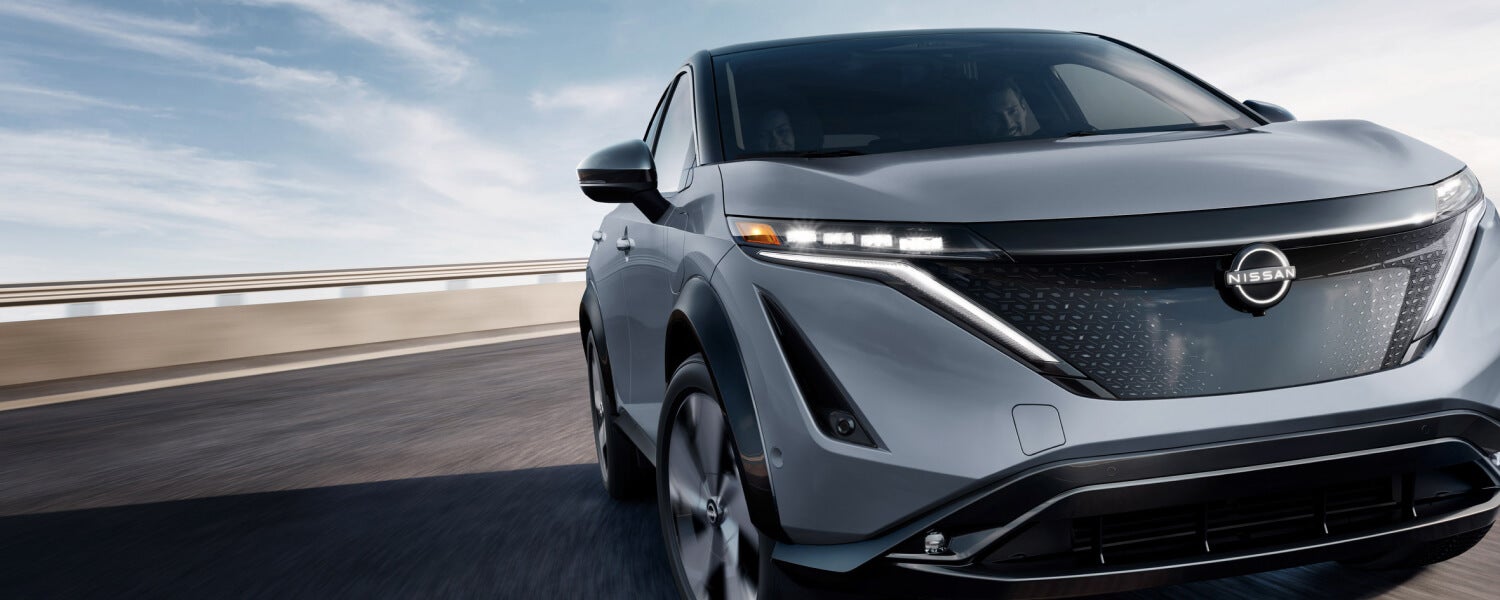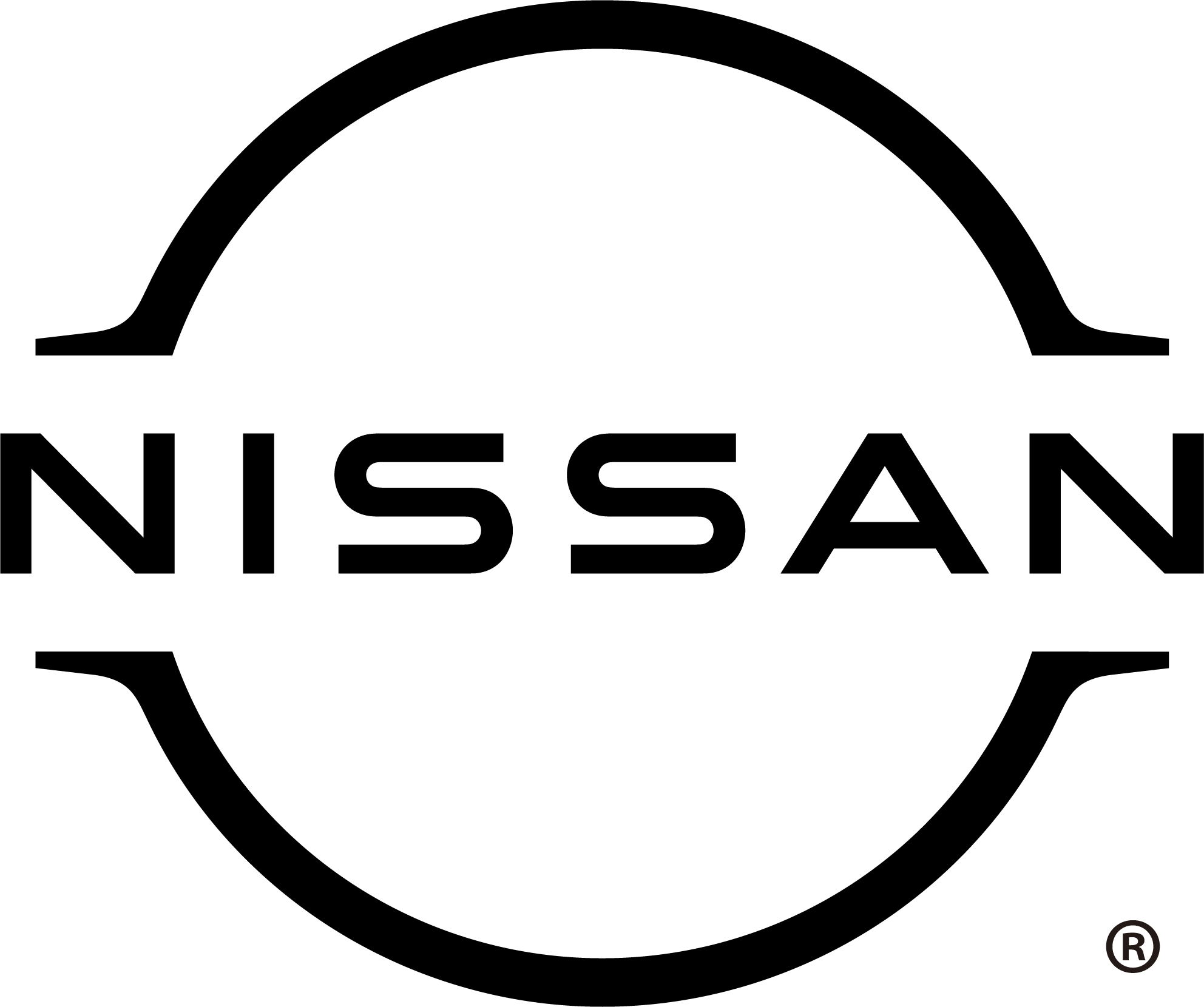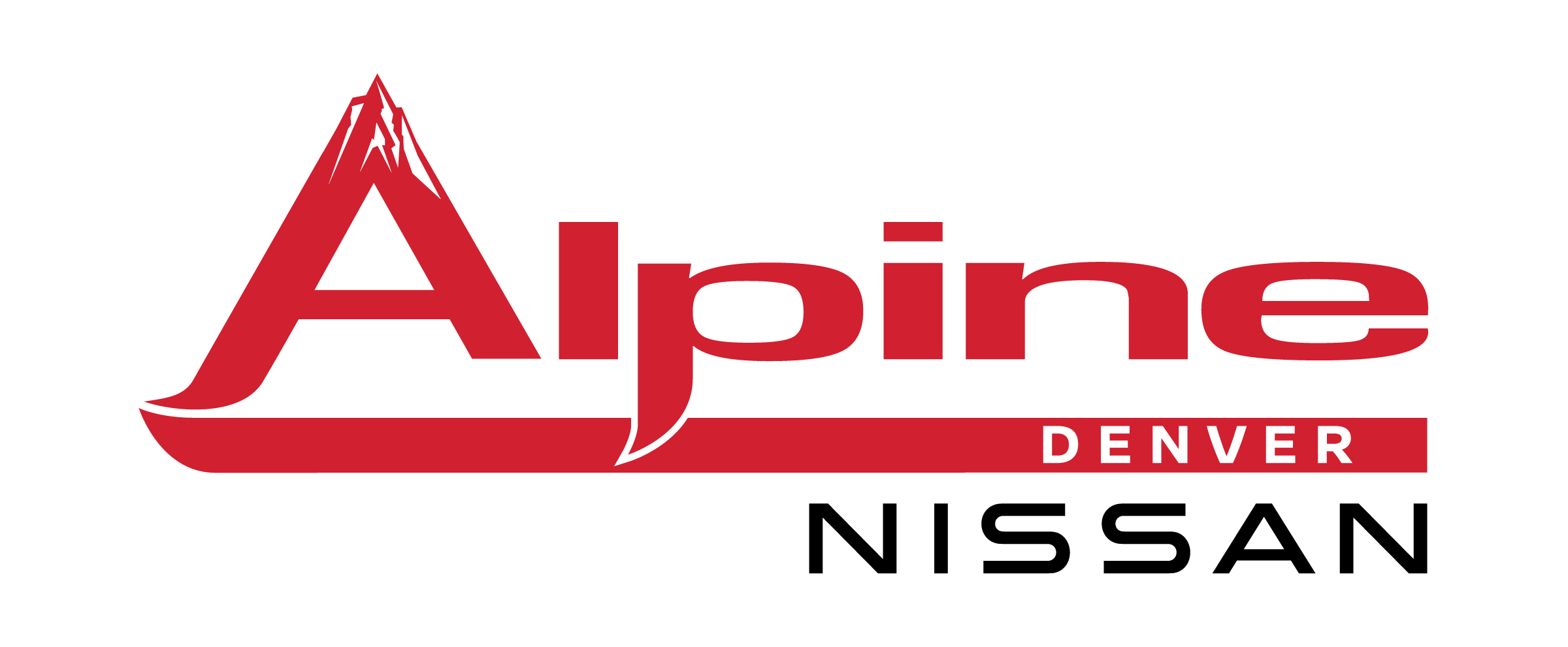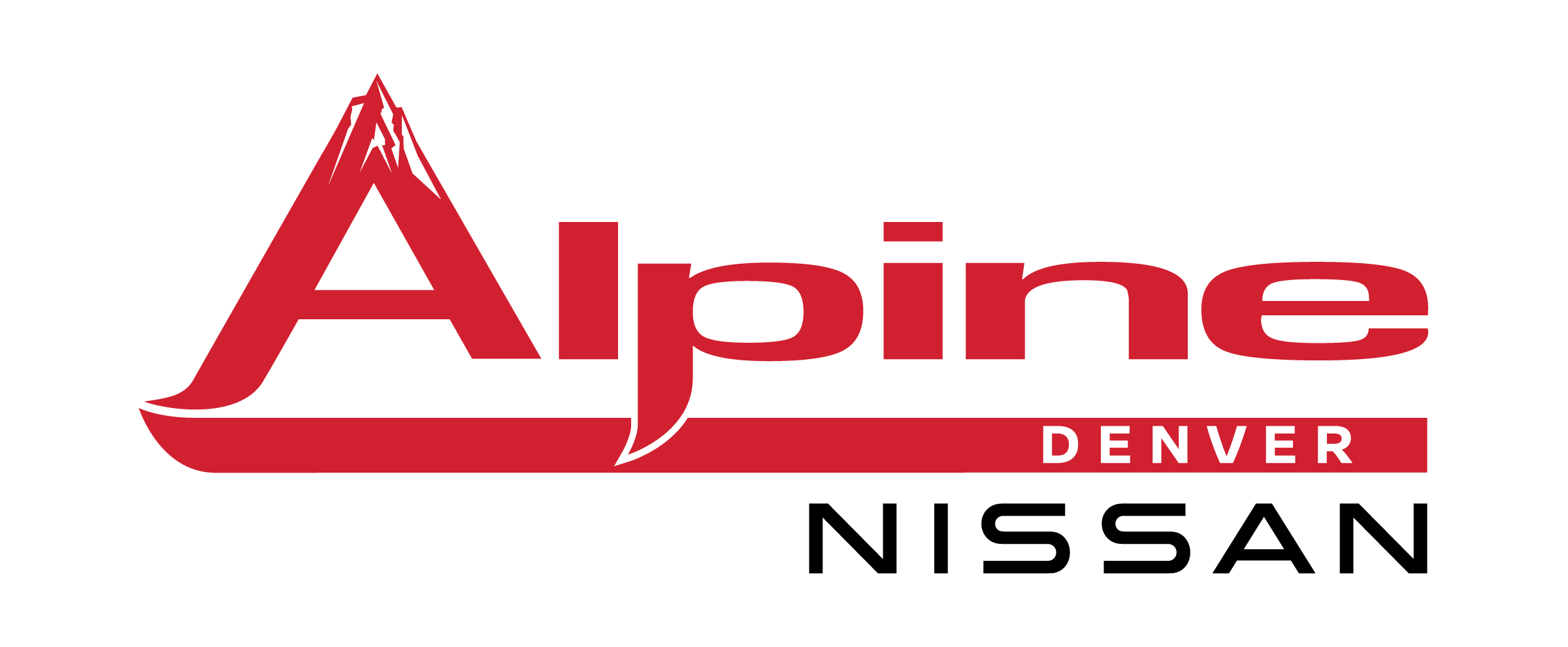Your Comprehensive Guide to Nissan Electric Vehicles
As the automotive landscape shifts towards sustainable mobility, understanding the nuances of electric vehicles (EVs) becomes essential. At Alpine Nissan in Denver, CO, we are committed to providing clarity on EVs, ensuring you make informed decisions. Below, we address common questions to guide your journey into the world of Nissan electric vehicles.

What Are the Benefits of Driving a Nissan Electric Vehicle?
Environmental Impact: Zero tailpipe emissions contribute to cleaner air and a reduced carbon footprint.
Cost Efficiency: Lower maintenance costs because EVs do not have internal combustion engines, fuel pumps, oil housing, exhaust systems or starters.
Performance: Instant torque provides smooth and rapid acceleration.
Convenience: Home charging capabilities mean you can start each day with a full battery.
Financial Incentives: EVs are eligible for potential incentives. In Colorado, a state tax credit of up to $5000 can be issued upon leasing/purchasing a new EV with an MSRP of under $80,000 and a potential federal tax credit of up to $7,500 with certain EV models, for example.
Designated Areas: Your EV may be allowed in the HOV lane without a passenger and many lots have specific parking spots for EVs.
How do I Charge my Nissan EV at Home?
Simply plug your car's Electric Vehicle Supply Equipment (EVSE, which is the charging cable that comes with your EV), into the Level 1 charging port and a standard 3-pin, 120-volt outlet. If you're looking for a faster charge, you can consider the Wallbox. The Wallbox charges up to 8 times faster than a standard Level 1 charger and you can book installation online.
What if I don't Have a Garage?
Even if you don't have a garage, you can still have an EV! Outdoor-rated and weather-sealed EVSEs can be installed on the outside of your house. If you live in an apartment complex, many property managers are beginning to offer charging units, so be sure to reach out. The charger is typically wired directly into the building's electrical system.
How Do I Charge my EV in Public?
Most public stations will require a credit card to get started and some will have a mobile app to download. Or, you can download the MyNISSAN app to view and access over 100,000 in-network public chargers on the go. You can typically find public charging stations at gyms, shopping centers, etc. Through the MyNISSAN app, you can manage payments.
Download the MyNISSAN app
Which Charger do I Use for my Model?
The Combined Charging System (CCS) Connector: The CCS connector can be used for fast-charging, using the universal J17772 charging inlet. The Nissan ARIYA is compatible with this connector. The CHAdeMO connector is designed for fast and efficient charging. The Nissan LEAF uses this connector. The North American Charging Standard (NACS) is the primary charging system for Tesla vehicles, however more stations are becoming equipped with this port as more makes and models are becoming compatible.
How Long Does it Take to Charge my Nissan EV?
Based on a 40 kWh battery, the estimated time needed to charge an EV using a Level 1 charger ranges from 28 hours to more than 2 days. Level 2 charging requires much less time than Level 1 charging to charge from empty to full. A 40 kWh battery will fully charge in 7.5 hours. Based on a 40 kWh battery, a 50 kWh fast charger can replenish 80% of an EV’s charge in approximately 40 minutes. A 100 kWh fast charger will charge a 62 kWh battery to 80% in about 45 minutes.
What Is the Driving Range of Nissan EVs?
The Nissan LEAF offers an EPA-estimated range from 149 miles to 212 miles. The Nissan ARIYA offers an EPA-estimated range up to 289 miles. Factors such as driving habits, terrain, and climate can influence the actual range.
When is the Best Time to Charge my Nissan EV?
Convenience is key! You can charge your EV whenever you would like, however charging during non-peak hours, such as late at night, can mean lower charging rates.
What is MPGe?
MPGe is an abbreviation for 'miles per gallon of gasoline-equivalent'. It is a measure of how far your EV can go on the amount of electricity that is equivalent to one gallon of gasoline.
Are there Electric AWD vehicles?
Yes! The Nissan ARIYA Engage+ and Platinum+ are AWDs. The Engage and Evolve+ models can be optioned with either FWD or AWD.
What are Typical Costs for a Nissan EV?
Registration and insurance are required as they would be with a regular-gasoline vehicle. However, you'll be paying for electricity rather than gas and will have the perk of less routine maintenance.
What is EV Carefree+?
EV Carefree+ is an all-inclusive service package that comes standard with owning a new LEAF or ARIYA. Services in this package include add-ons, perks, Emergency Roadside Assistance, EV charging assistance, warranty coverage and maintenance coverage.
How does Weather Impact Nissan EV performance?
Cold weather can impact your Nissan LEAF's driving range by reducing the efficiency of the battery. Extreme heat can also impact range as the battery may need to use its energy to cool itself down. This is why many LEAF models include features like pre-conditioning to manage battery temperature in extreme weather. Extreme weather can decrease the Nissan ARIYA's range due to the battery's sensitivity to temperature and extremely hot weather does impact the ARIYA to a lesser extent. However, the ARIYA's battery is liquid-cooled and has active thermal management, meaning it is constantly working to optimize the battery's operating temperature. This system also works to help protect the battery and maintain performance while fast charging.
Can I Take Long Trips in my Nissan EV?
Yes! Just be sure to utilize navigation systems and the MyNISSAN app to locate charging stations along your route. Certain models, like the ARIYA offer extended range options suitable for longer journeys. If your journey is exceptionally long, you can drive at moderate speeds, use Eco Mode to maximize range and utilize regenerative braking (B-mode) on downhill stretches.
What is ProPILOT Assist and ProPILOT Assist 2.0?
ProPILOT Assist is a hands-on driver assist system that combines Nissan's Intelligent Cruise Control and Steering Assist technologies. This includes a stop and hold function that brings your EV to a full stop, holds it in place and brings your car back up to speed once traffic begins flowing again. ProPILOT Assist 2.0 is a driver assistance system that allows hands-free driving on highways. It uses sensors, mapping and other technologies to help with steering, acceleration and braking.
Can Any Nissan EVs tow?
Yes! The Nissan LEAF can tow up to 2,000 lbs and the Nissan ARIYA up to 1,500 lbs.


